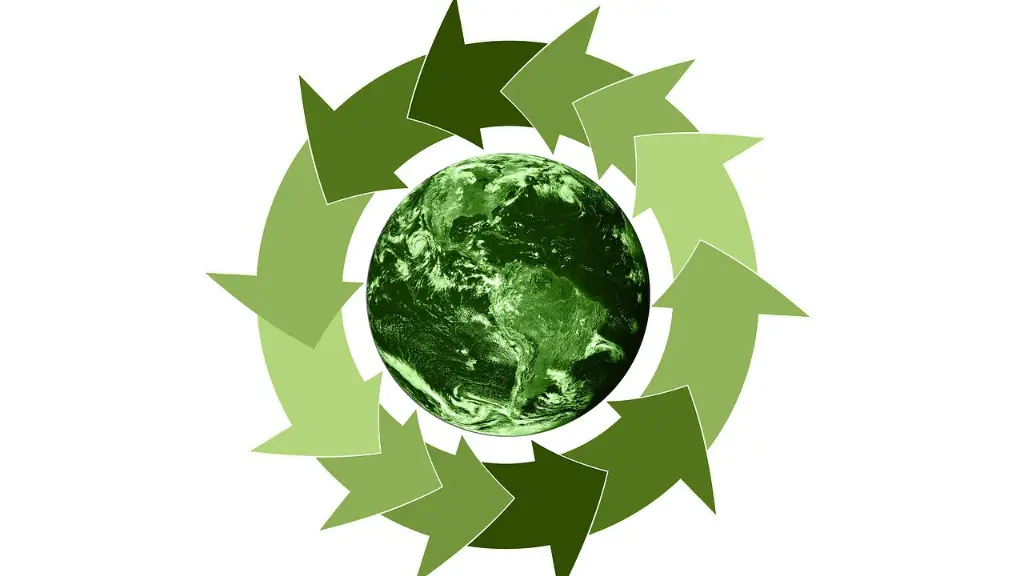In recent years, the topic of global warming and its causative agents has gained a great deal of attention and become a political issue. One of the most prominent causes of global warming is carbon dioxide (CO2) emissions due to human activity. In this op-ed article, we will explore how CO2 is responsible for global warming, both in terms of its direct contributions to the greenhouse effect, and its indirect effects from rising temperatures.
At its core, the warming of the Earth’s atmosphere, and by extension the climate, is due to an increase in the abundance of greenhouse gases (GHGs), primarily water vapour, carbon dioxide, and methane. As energy from the sun warms the Earth’s atmosphere, some is radiated back out by the Earth’s atmosphere. However, GHGs absorb and re-emit some of this energy as heat, creating a ‘greenhouse effect’. Notably, of these three main GHGs, Carbon dioxide is especially effective in thisrole, due to its relatively high concentration in the atmosphere and its high absorption rate.
CO2 is the primary human-generated GHG released into the atmosphere, produced largely as a by-product of burning fossil fuels like coal and natural gas. Emissions from other land uses, such as deforestation, also release considerable amounts of CO2. Rising concentrations of CO2 in the atmosphere traps increasing amounts of radiation, causing the Earth’s atmosphere to warm measurably more rapidly than it would otherwise. This effect acts in combination with other indirect effects, such as the melting of sea ice, which results in the replacement of a reflective surface with a darker absorptive one.
Evidence from direct measurements of global temperature, as well as fossil fuel consumption, suggests that this process has been in play at least since the industrial revolution. Additionally, a number of climate models have been developed to assess the impact of various thresholds of CO2 concentrations on the climate, helping to further document the correlation between CO2 concentrations and rising temperatures. This ‘fingerprint’ of human-caused global warming has been used in international studies and negotiations, such as the 2015 Paris Agreement.
Recent trends suggest that global regulations on CO2 emissions, initially put in place in the mid-2000s, are having an effect. For example, a new report from the United Nations Environment Programme (UNEP) states that atmospheric CO2 concentrations have remained stable since 2015 – a marked departure from the rapid increases during the previous decade, which some have attributed to the reduction of emissions. This, in combination with the aforementioned climate models, suggests that regulations on emissions can have a positive effect, slowing or even mitigating the rise of global temperature caused by CO2 emissions.
The implications of global warming, both from a scientific and a human standpoint, are wide-ranging and potentially devastating. Research indicates that human-caused global warming is significantly accelerating the rate of species extinction and rendering the planet increasingly hostile to biodiversity, compromising many of the ecosystems humans rely on for food and resources. As such, there is an urgent need for strong international regulations and mitigation strategies to reduce CO2 emissions, and thereby help avoid the worst of climate change.
In conclusion, it is clear that carbon dioxide emissions are responsible for global warming on multiple levels. Given the current state of our environment and the potential implications of unchecked climate change, decisive action must be taken to mitigate the effects of CO2 emissions on the atmosphere and global climate. Through effective regulations and by investing in alternative sources of energy, it is possible to reduce our emissions and help create a more sustainable future for generations to come.

